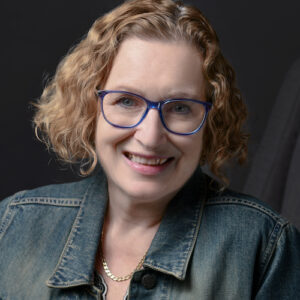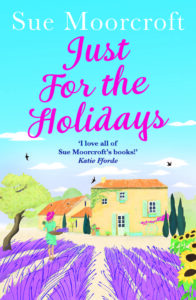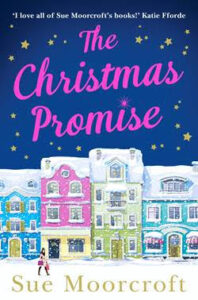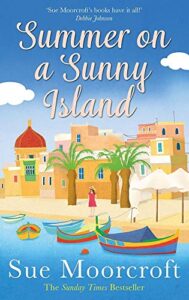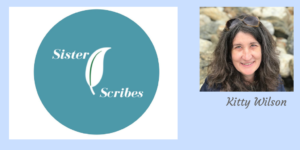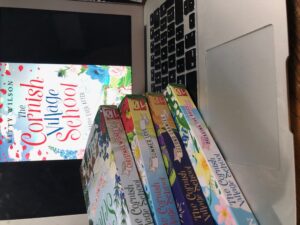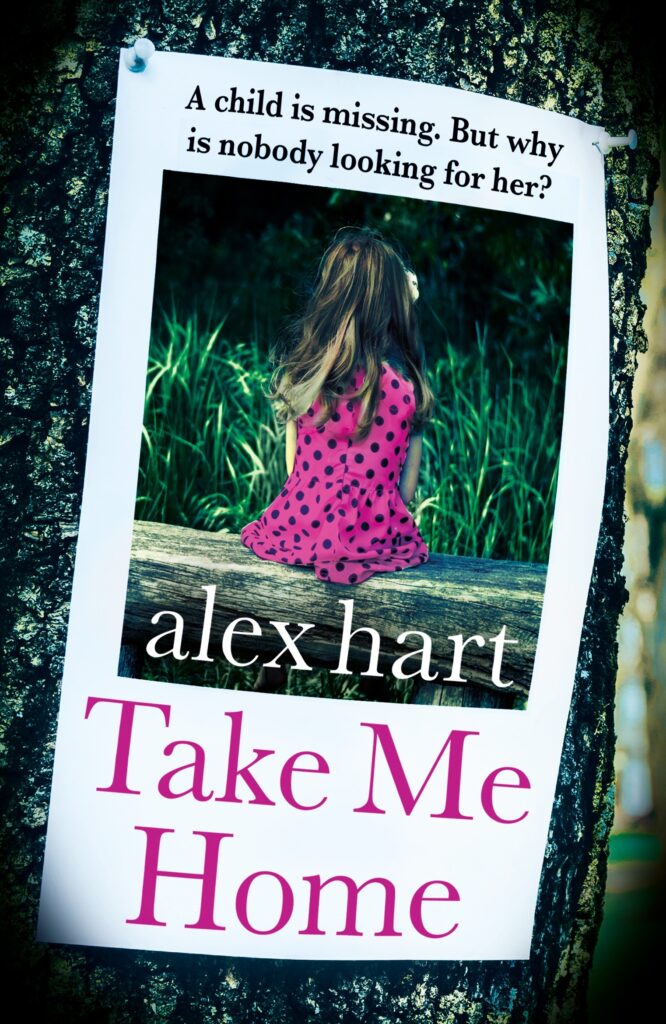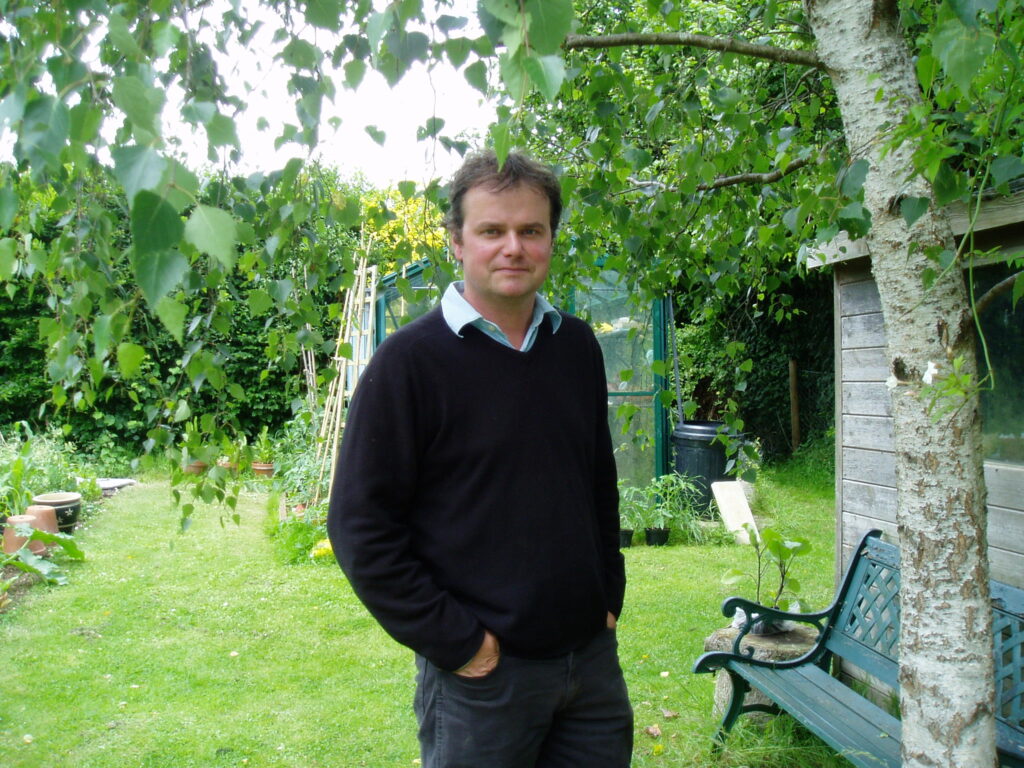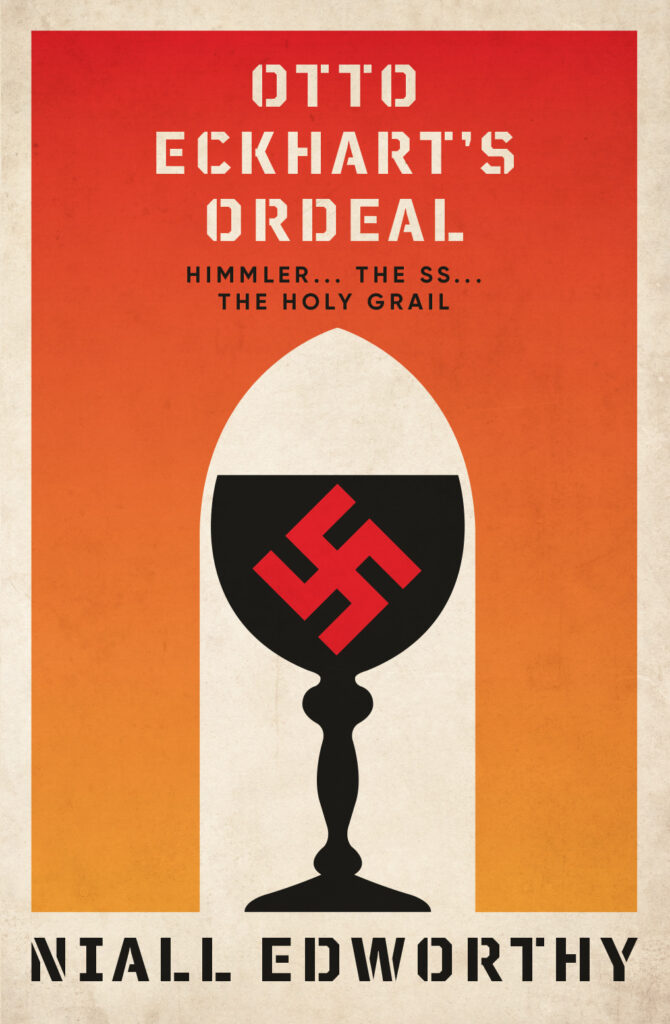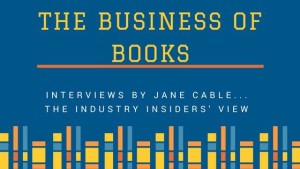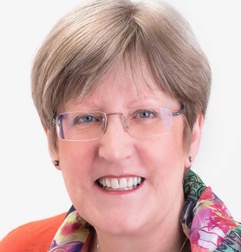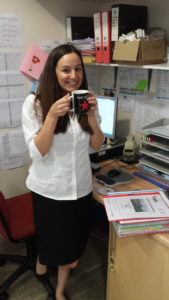The happy-ever-after ending
This is the fourth and final instalment in my journey from the crossroads in my career to becoming a best-selling, award-winning author. After securing Juliet Pickering of Blake Friedmann Literary Agency as my agent and Avon HarperCollins offering me a two-book contract, The Christmas Promise went into production while I finished writing Just for the Holidays.
The Christmas Promise came out. Joy of joys, my original goal was met when supermarkets took the paperback, although Tesco was a little late to the party and only took it for the last couple of weeks before Christmas after they’d seen the performance of the ebook.
The ebook was going crazy.
For five days in the run-up to Christmas 2016, it was at number one on Kindle UK.
It’s hard to describe the joy and euphoria, mixed with disbelief. I laughed and cried. Twitter went mad with big-hearted compliments from other authors, from my agent and editor jumping in with their own cries of joy. My book had outsold every other ebook on sale in the UK. I don’t know about pinching myself – I felt as if I had to punch myself in the face to make sure it wasn’t a dream.
I won’t take you through every rung on my ladder, nor pretend that it has been an uninterrupted upward trajectory, but the milestones continued. Just for the Holidays was nominated for a Romantic Novel Award. A new contract was offered – three books, this time – and my editor Helen Huthwaite stated that her next goal was to make me a Sunday Times bestseller. I laughed out loud and said, ‘Well, good luck with that!’ The very next book, The Little Village Christmas, was a Sunday Times bestseller. The rights team at Blake Friedmann sold my books into translation and The Christmas Promise became a paperback bestseller in Germany. My books charted in the Top Fifty and even the Top Twenty. Avon extended the scope of my contract to include Canada and the US. A Summer to Remember won the Goldsboro Books Contemporary 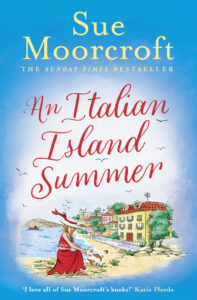 Romantic Novel Award and One Summer in Italy scored me my first Top 100 position in the Amazon Kindle US chart. My books have also appeared in the Kindle top 100 in Canada, Italy and Germany. Research trips have taken me to France, Italy, Malta, Sweden and Switzerland. My very first published book, Uphill all the Way, originally published in 2005, was rewritten by me, then rejacketed and relaunched by Avon as A Home in the Sun. It did well in the UK and was #1 in Malta (where much of the book is set) for most of summer 2022. That gave me particular satisfaction, as I lived in Malta as a child and part of my heart will always be there.
Romantic Novel Award and One Summer in Italy scored me my first Top 100 position in the Amazon Kindle US chart. My books have also appeared in the Kindle top 100 in Canada, Italy and Germany. Research trips have taken me to France, Italy, Malta, Sweden and Switzerland. My very first published book, Uphill all the Way, originally published in 2005, was rewritten by me, then rejacketed and relaunched by Avon as A Home in the Sun. It did well in the UK and was #1 in Malta (where much of the book is set) for most of summer 2022. That gave me particular satisfaction, as I lived in Malta as a child and part of my heart will always be there.
I won’t kid you – publishing two books a year takes hard work, not just from me but from everyone at Blake Friedmann and Avon. But it’s wonderful. Even the editing and the promo is wonderful.
I set out to earn my living from writing novels and I that is what I do. An Italian Island Summer is my fifteenth book with Avon and The Christmas Love Letters will come out later this year. A further three books are contracted.
Takeaways:
- work hard and work with the right people
- aim high
- never give up

